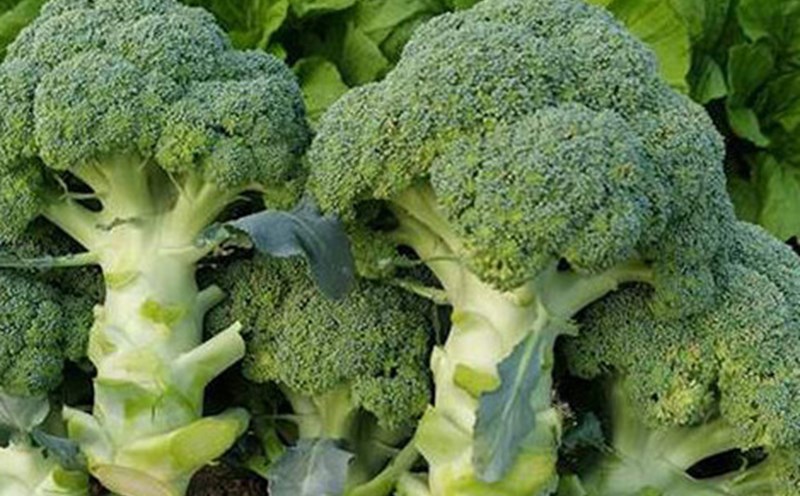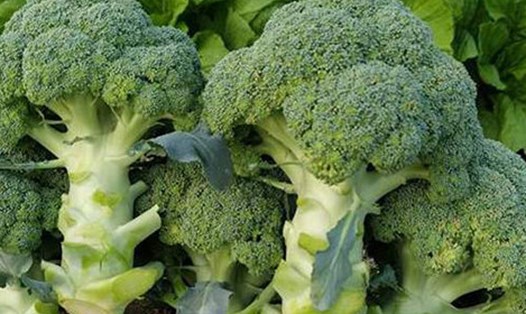Getting the right nutrients is an important way to improve the condition of the body being constantly cold. Because there are some essential nutrients that the body needs to maintain the ability to regulate temperature and prevent feeling cold.
Supplement iron from red meat, liver, beans, dark green leafy vegetables
Iron is an extremely important mineral for the formation of red blood cells and the ability to transport oxygen in the body. Iron deficiency causes anemia, which reduces the ability to supply oxygen to tissues and leads to a feeling of coldness, especially in the hands and feet. Supplementing iron from food sources such as red meat, liver, beans and dark green leafy vegetables will help the body improve anemia, thereby reducing the feeling of cold.
Eggs, fish, milk help supplement vitamin B12
Vitamin B12 plays an important role in blood formation and nerve function. When the body lacks vitamin B12, the process of red blood cell formation is affected, leading to anemia and reduced blood circulation. Vitamin B12 deficiency can cause symptoms such as fatigue, muscle weakness and feeling cold. Vitamin B12 is mainly found in animal foods such as meat, fish, eggs and milk. Vegetarians need to supplement vitamin B12 through supplements to avoid deficiency.
Supplement iodine from seafood and seaweed products
Iodine is a mineral that is needed by the thyroid gland to produce hormones that help regulate metabolism and maintain body temperature. Iodine deficiency can lead to hypothyroidism, which reduces the body's ability to regulate temperature, making it easier for the body to feel cold. According to the World Health Organization, iodine deficiency is the cause of goiter and hypothyroidism, which affect about 2 billion people worldwide. Supplementing iodine from iodized salt, seafood, and seaweed products is an effective way to improve this condition.
Eat nuts and whole grains to get enough magnesium in your body.
Magnesium is an essential mineral that helps maintain nerve and muscle function and is involved in many biochemical processes in the body. A lack of magnesium can increase feelings of coldness and fatigue. Magnesium can be supplemented through foods such as nuts, beans, green vegetables and whole grains.
Adequate supplementation of the above nutrients through a proper diet or dietary supplements can help improve this condition. However, for effective treatment, you should consult a doctor to determine the exact cause and have a suitable nutritional supplement plan.











